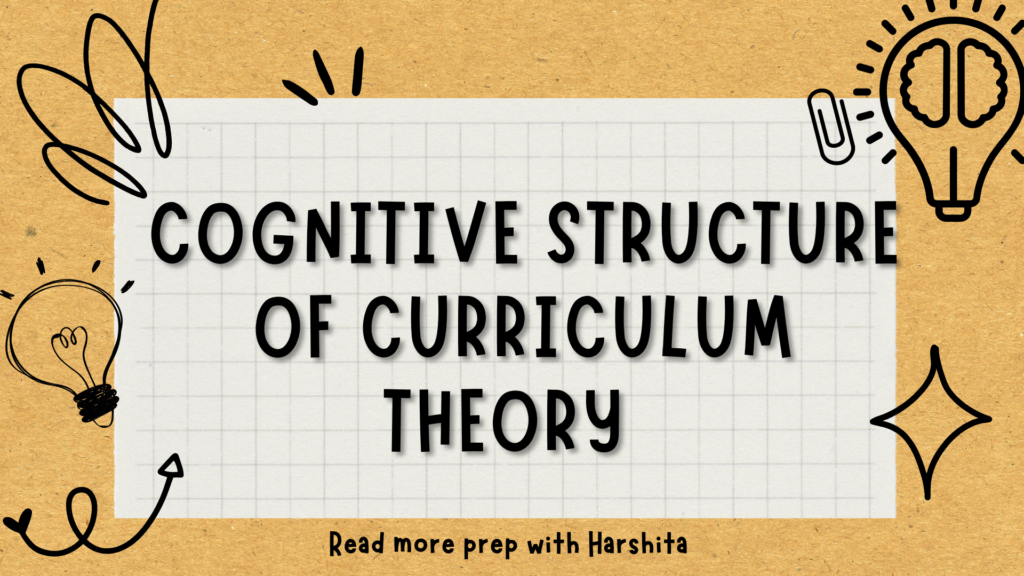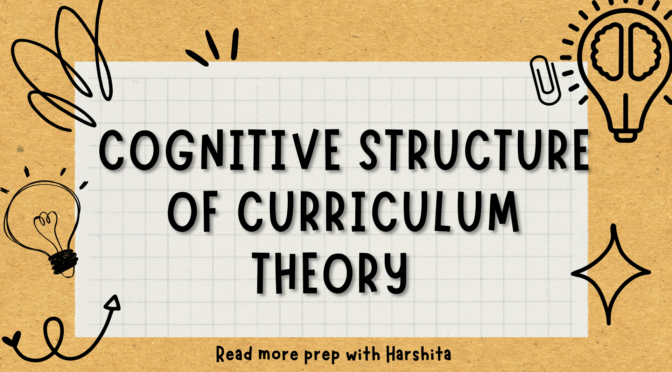The cognitive structure of curriculum theory focuses on understanding how learners acquire knowledge and develop their cognitive abilities. It emphasizes the cognitive processes involved in learning and seeks to design a curriculum in a way that supports and enhances those processes.
It is influenced by cognitive psychology, which explores how individuals perceive, process, and organize information.
Here are some key concepts related to the cognitive structure of curriculum theory:
- Constructivism: This theory posits that learners actively construct knowledge and meaning through their experiences and interactions with the environment. It suggests that curriculum should provide opportunities for students to engage in active learning, problem-solving, and critical thinking.
- Schema Theory: Schema refers to mental structures that organize knowledge and help learners make sense of new information. Curriculum design based on schema theory focuses on building and activating students’ existing schemas and helping them develop new ones.
- Information Processing: This perspective views learning as a process of information input, processing, storage, and retrieval. Curriculum design based on information processing theory considers factors such as attention, perception, memory, and problem-solving strategies to optimize learning experiences.
- Metacognition: Metacognition refers to the awareness and understanding of one’s own thinking processes. Curriculum that incorporates metacognitive strategies encourages students to reflect on their learning, set goals, monitor their progress, and regulate their own learning strategies.
- Cognitive Load Theory: This theory examines how the cognitive load imposed on learners during instruction affects their learning outcomes. Curriculum design based on cognitive load theory aims to manage the complexity of instructional materials and activities to support effective learning.
These concepts help shape the cognitive structure of curriculum theory, which focuses on understanding and optimizing the cognitive processes involved in learning to design effective and meaningful curricula.
Also Visit: Prep with Harshita


